José Luis Greco, son of a legend
José Luis Greco has brilliantly juggled his own talent for music and interpretation, and the fame he inherited from his father whose name continues to be synonymous with flamenco.
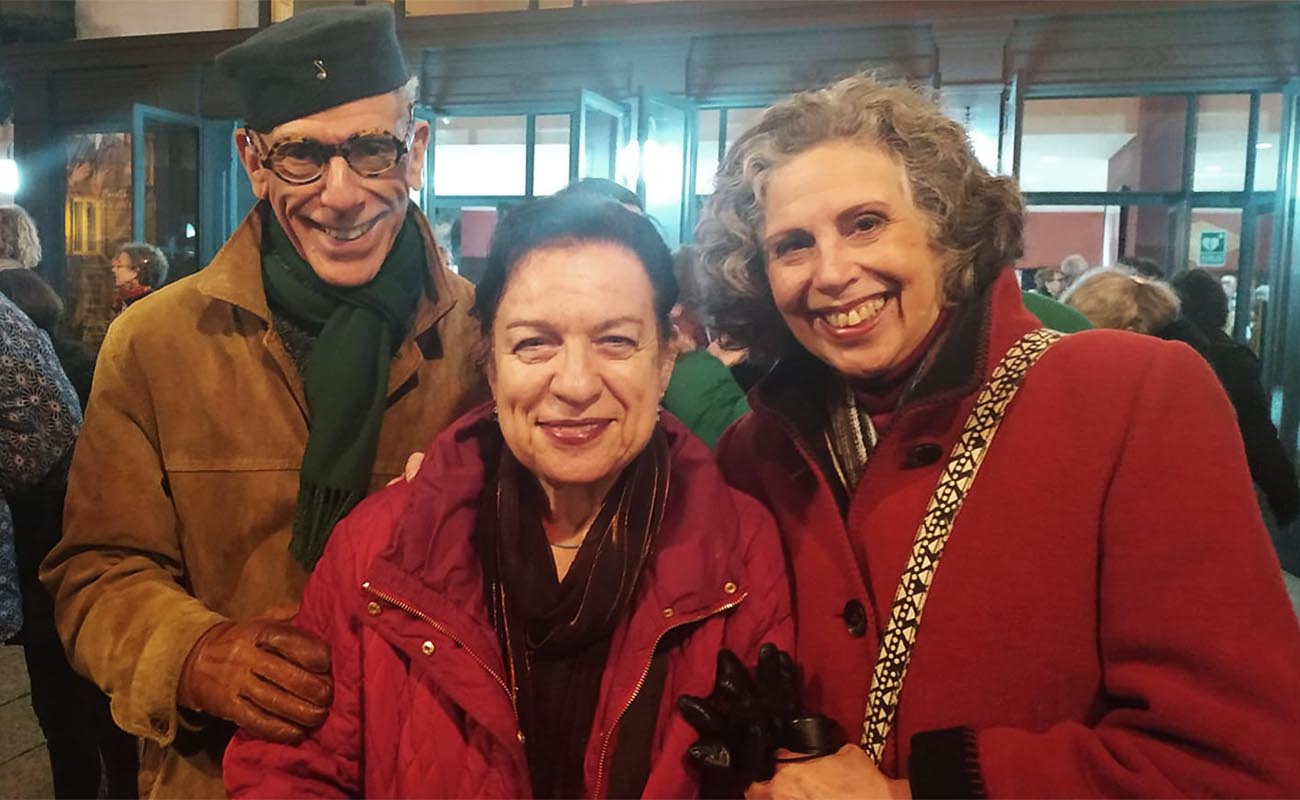
The most international flamenco dancer, the best-known in the history of the genre has been, without a doubt, Costanzo Greco. Born in Italy in 1918, and raised in New York in the 1930s, you know him as José Greco, soloist in the companies of Argentinita and Pilar López before becoming a top star touring the world with his own company.
I met his son José Luis (New York, 1953) in the late 1960s in his father’s company. He was a young but polished interpreter of flamenco and Spanish dance, a talented teenager with a brilliant career ahead of him. The son of dancers – his mother was Nila Amparo – he developed his talent as a flamenco dancer for a full decade, from the age of 13 to 23, in the company of his illustrious father. That was over 50 years ago, but I still remember how he was treated with great respect at his relatively young age. His younger sister, Alessandra, also danced in the company and continued in the profession until 1991, as she told me a few months ago during an emotional reunion of the three of us in Jerez de la Frontera for the first time in over half a century.
José Luis Greco has brilliantly juggled his own talent for music and interpretation, and the fame he inherited from his father whose name continues to be synonymous with flamenco. His résumé is impressive to say the least, with an abundance of ambitious projects. Greco junior is known internationally for his prolific capacity
José Luis, congratulations on your magnificent career, your overwhelming success, and your seemingly limitless creative ability. You play the piano and the guitar, you’re an actor, you’ve appeared on Broadway with Henry Fonda and Olivia de Havilland, you’ve orchestrated the concert for sitar and orchestra by Ravi Shankar, you’ve collaborated with the National Ballet of Spain and the National Dance Company, opera, classical ballet, countless projects in addition to a master’s and a doctorate in music. And I won’t continue because it would be easier to mention what you haven’t done in the world of music and performance. A prodigy of versatility, as one critic describes you.
What’s it like being the child of a legend? Maybe that was the spark that ignited the fire of your own creativity.
First of all, Estela, thank you for painting my life with such vibrant colors, but the truth is that as passionate as it may sound, living the life I’ve lived day by day has never seemed so extraordinary to me. But getting back to your question… I remember that as a young person, being the child of a famous person had two effects on me. On the one hand, it made me feel somewhat special, but on the other hand, I didn’t want anyone to think that I considered myself special just because I was the child of someone famous. I realize it’s a contradiction, but that’s part of being human, don’t you think? It’s likely that not only my parents’ creativity inspired me, but also the fact that I was constantly surrounded by people from the world of culture. Nevertheless, I always wanted to forge my own path, and when people would ask me if I was going to follow in my father’s footsteps, I would respond with a resounding NO!
At this point, what role do flamenco and dance play in your life?
Flamenco and Spanish dance of all kinds interest me, although I’m not in direct contact. What does continue vividly within me is the music. I believe it’s present in the music I compose, just as it can be present in jazz or rock (which are also part of my career), but in a more subtle form. As far as dance in my life now, I’d say I’m an interested spectator with good criteria.
Alessandra speaks: For me, flamenco has always been the best way to express my deepest emotions.
You’re a member of the jury for the Choreography Competition of Spanish Dance and Flamenco held annually in Madrid since 1992. This allows you to witness the natural evolution of the genre. What observations can you offer in this regard? Do you lean more towards classic flamenco or contemporary?
I was on the jury three times, and while I was able to express my opinion and vote on the dance performances, my main task was to judge the original music, for which a separate award is also given. However, I always attend the final round of the competition whenever I can, and yes, that gives me the opportunity to see the evolution of the genre since most of the contestants are young people with new ideas. Until recently, I considered myself more a fan of classic flamenco, but lately, I’ve seen some “avant-garde” things that I found amazing. It’s in the singing where I still prefer the classic style, and there continue to be singers who perform in the traditional style.
Was your father important in your development? Did he ever teach you himself?
If my father had any influence on my development, it was unconsciously, both on his part and mine. He never gave me lessons. When we were children, my sister Alessandra and I used to have classes with a teacher based in New York whom we knew as Valero. Later on, when we joined our father’s company, our “education” consisted of learning the choreographies.
What dancers, singers, or guitarists do you remember from the years you were in the company? Did you ever share the stage with Paco de Lucía and his brother Pepe? There were some very talented performers in the group. Has anyone from the company been influential in your artistic development?Paco de Lucía played in my father’s company shortly before I joined, though we never shared the stage. The guitarist I remember most (he was on most of the tours I did) was Ricardo Modrego, who had indeed played with Paco de Lucía. They even made a recording together before Paco became famous. But some of the best dancers were in the company before my time.
Three decades in the U.S., six years playing in rock and jazz groups, ten years in Amsterdam, another 30 in Madrid, always creating works and accepting commissions. With which profile do you most identify? For over thirty years, I have exclusively considered myself a composer. I left behind my time as a performer. There came a time when I felt the need to direct all my energies in one direction. Nevertheless, all my experiences as a dancer, actor, multi-instrumentalist in various musical languages, as well as all the culture I’ve devoured through reading, cinema, performing arts, and visual arts, all of that remains alive, present, and in full development in my compositional work.
What led you away from dance and set you on a different path?
Hahahaa! I have to confess that I’ve never been a person who enjoys strenuous physical activity. And clearly, that’s precisely what a dancer’s career demands. Aside from that, I believe that both unconsciously and consciously, I always wanted to carve out a different path from that of my father. A sort of rebellion. And speaking of rebellion, the second half of the ’60s, the era when I started taking music seriously, was a time of counterculture, hippies, and protests against the Vietnam War. All of that took on tremendous importance in my life, and it was music, not dance, that best expressed the desires, beliefs, and hopes of that moment.
What advice would you offer young dancers?
I’m not inclined to give advice. But if I were pressed to do so, I’d tell young aspiring dancers the same things I’d tell young people in any artistic discipline:
1) You have to believe there’s no one better than you.
2) Either you have what it takes to succeed, or you don’t. Time will tell.
3) You have to be prepared to sacrifice many things that people with “normal” jobs don’t have to sacrifice.
4) And lastly, be aware that your path requires superhuman effort, both physically and emotionally.


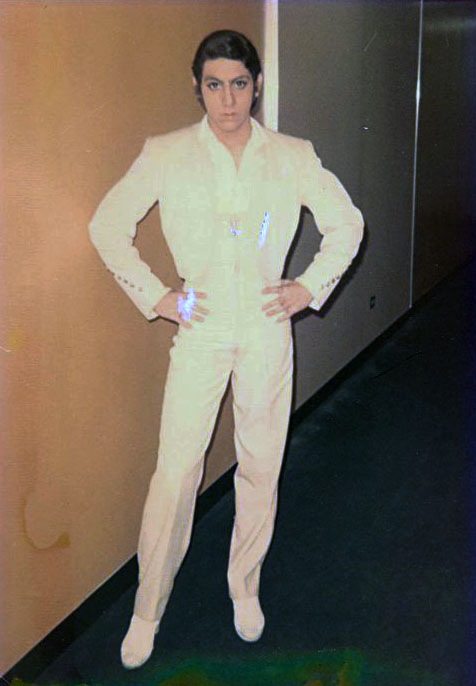
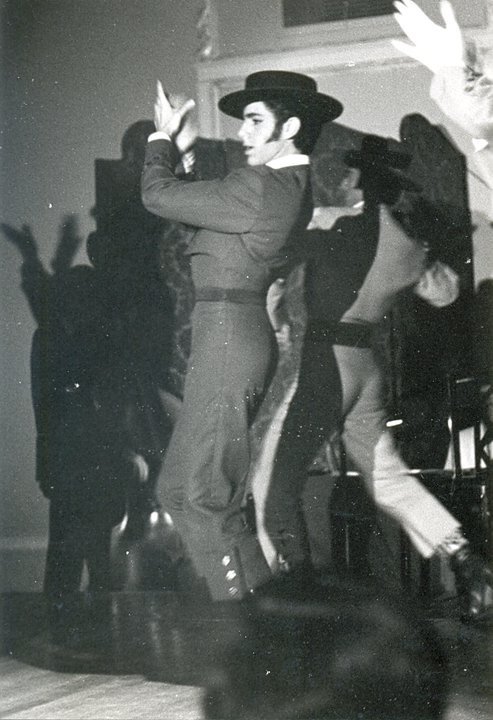
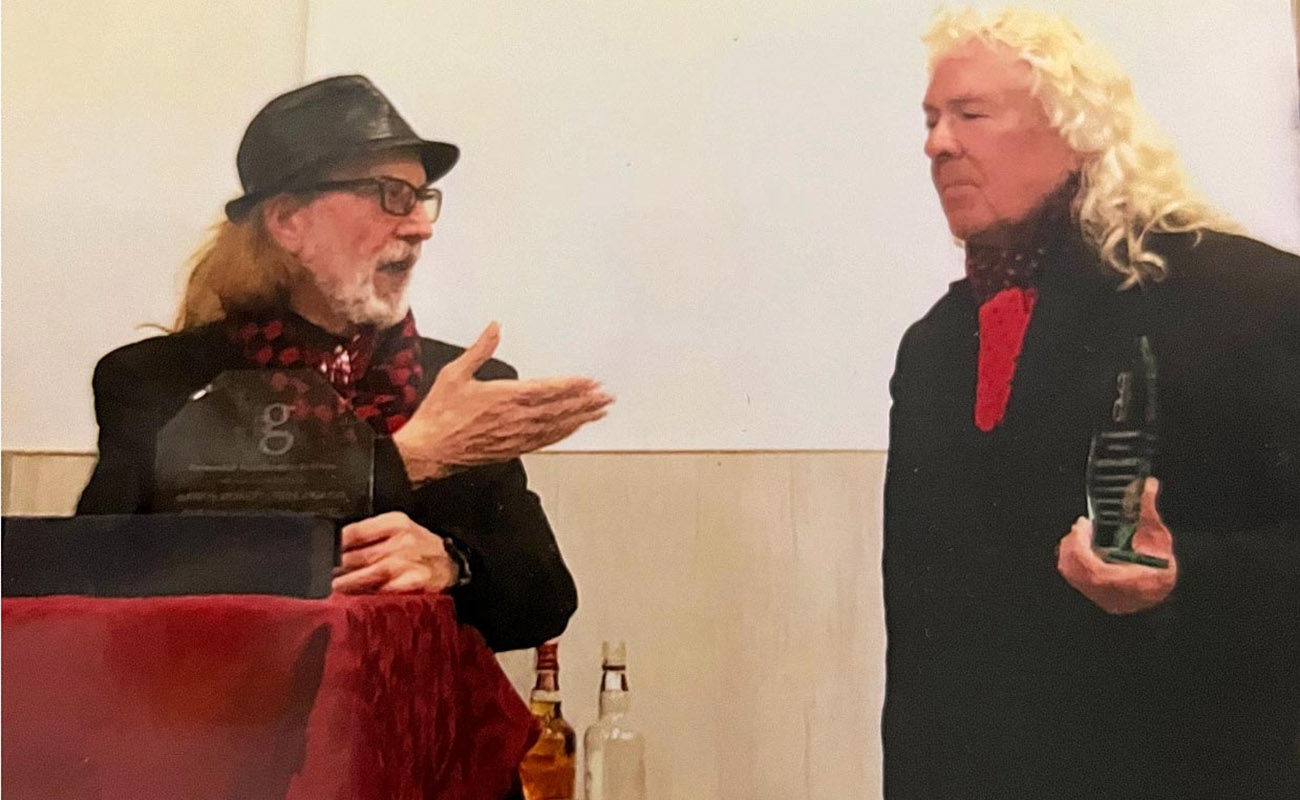
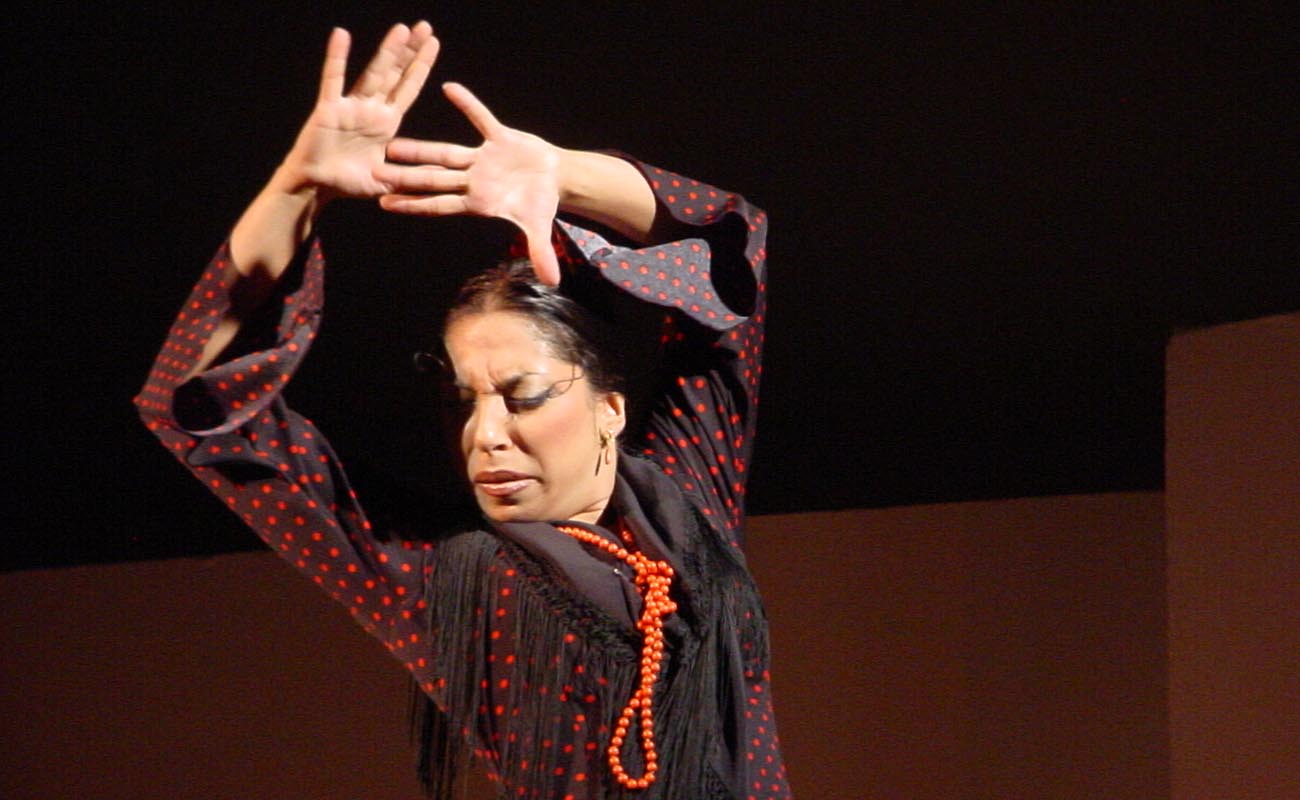
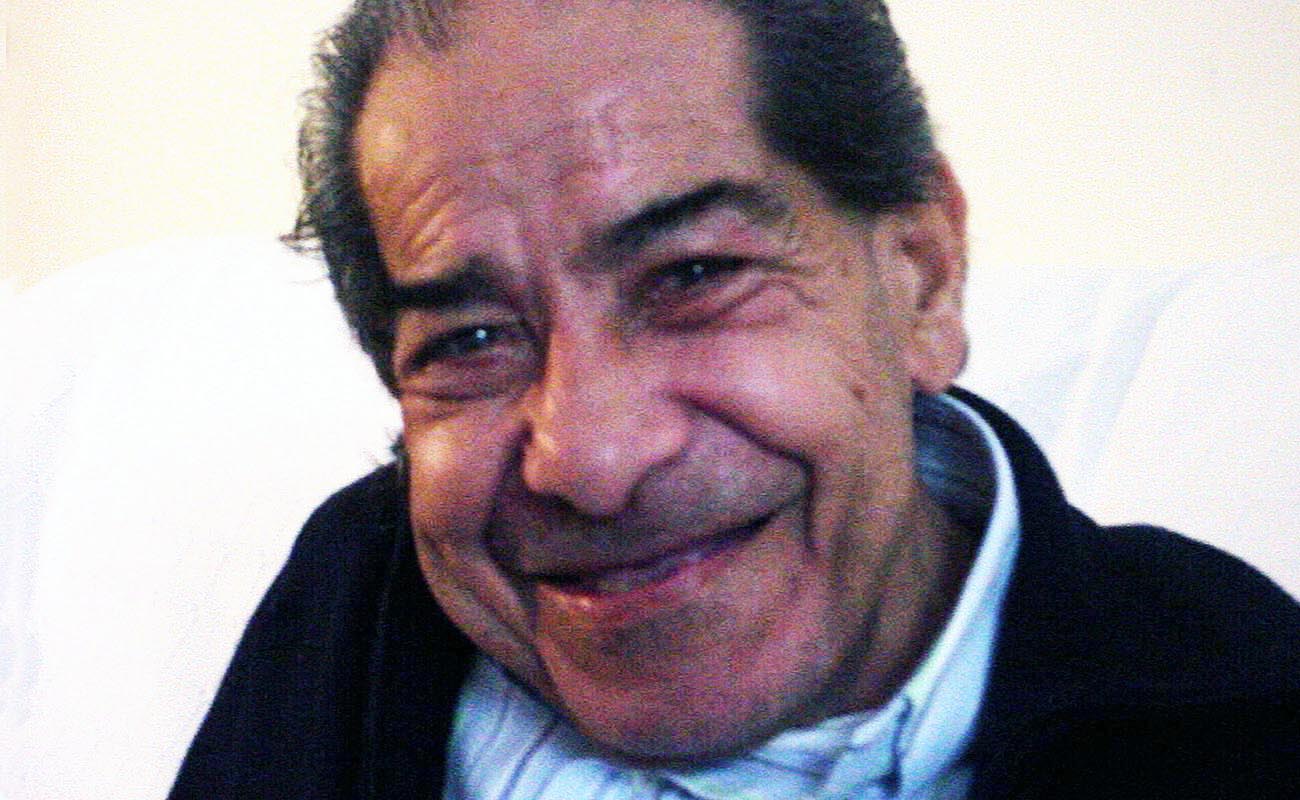
Roberto Amaral 9 July, 2023
This was a wonderful and nostalgic (for me at least) walk down memory lane. I was a member of the Greco company alongside Jose Luis and Alessandra during that time period and I fondly remember our fun times together. It’s so good to know that both Jose Luis and Alessandra have led such creative and successful lives and are still doing so. Your great interview of both of them was really enjoyable to read and brought back such vivid memories of our performing years together. Thanks for all you do Estela! Abrazos, Roberto